Advanced Therapy
Hypnotherapy for Mental Health & Addiction Treatment
Hypnotherapy—sometimes called clinical hypnosis—guides you into a calm, focused state where your mind is more open to new and healthier ways of thinking. It’s not mind control or stage tricks. Instead, it’s a safe and supportive way to quiet stress and make real change feel within reach.


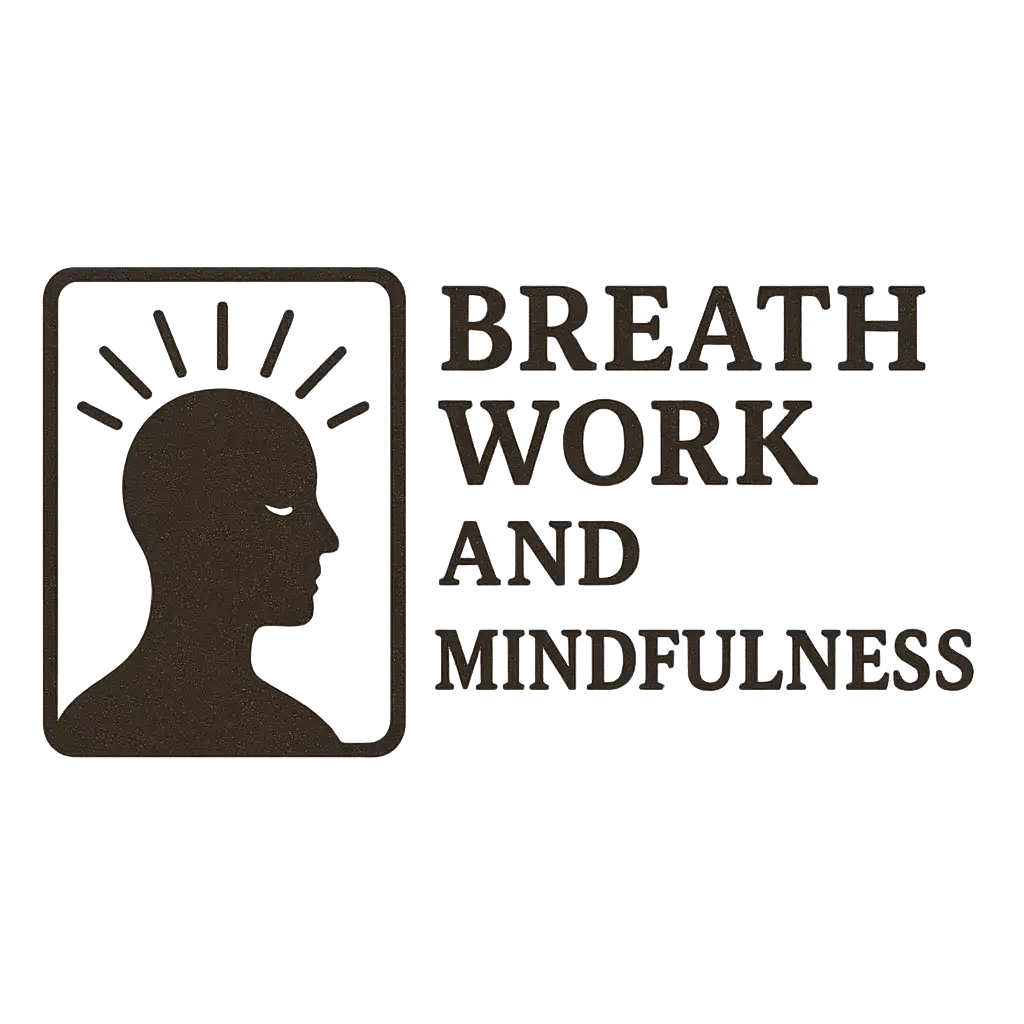
Understanding Hypnotherapy
Hypnotherapy is a way to help your mind slow down and focus. With simple breathing and clear direction from your clinician, distractions fade, and it becomes easier to work on what matters. In that calmer state, you can practice suggestions that support your goals—like feeling less anxious, handling cravings, or building healthier routines.
Each session is straightforward. You’ll pick up a few useful skills, try them out together, and leave with tools you can use right away. Many people like that it fits easily with other care, such as therapy, support groups, or medication.
When your body is calmer and your mind is more focused, it’s easier to try out new ways of responding. In Hypnotherapy, you get to practice these changes during the session and then test them in real-life moments. Over time, those small steps add up, and many people find themselves handling stress or cravings more easily than before.
What you learn in Hypnotherapy isn’t complicated—it’s made to fit into everyday life. Skills like steady breathing, managing cravings by letting them pass, or using calming self-talk can be practiced the same day you learn them. The steps are short, realistic, and easy to use when you need them most.
Each session ends with clear next steps, so you’re never left guessing what to do. The more you practice the skills, the more natural they become—like second nature. Over time, that steady progress builds real confidence in your ability to handle stress and cravings.
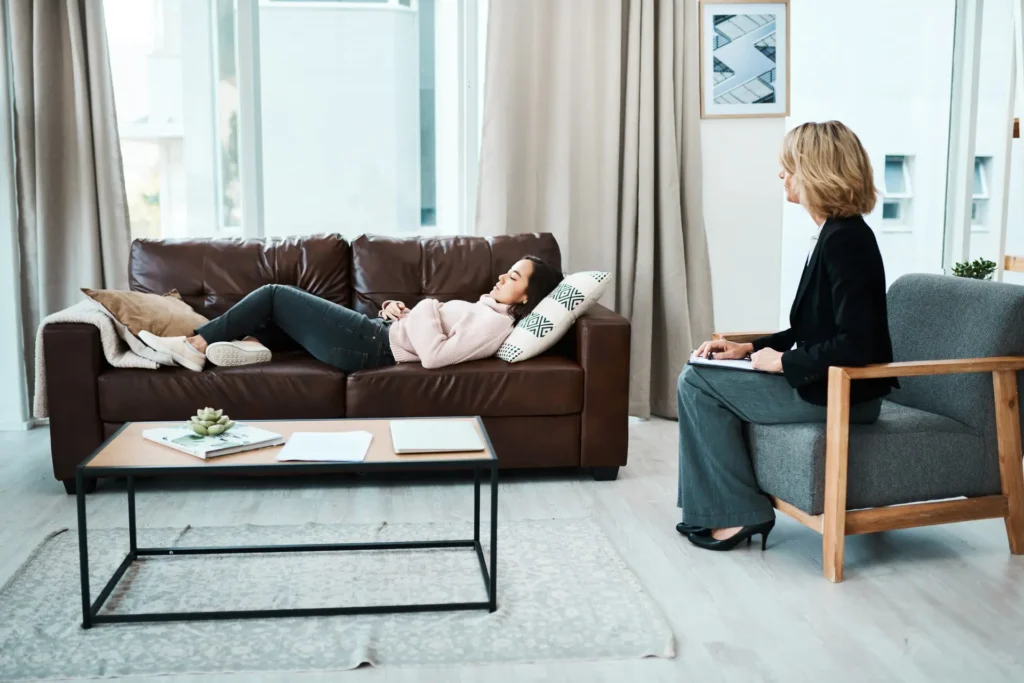
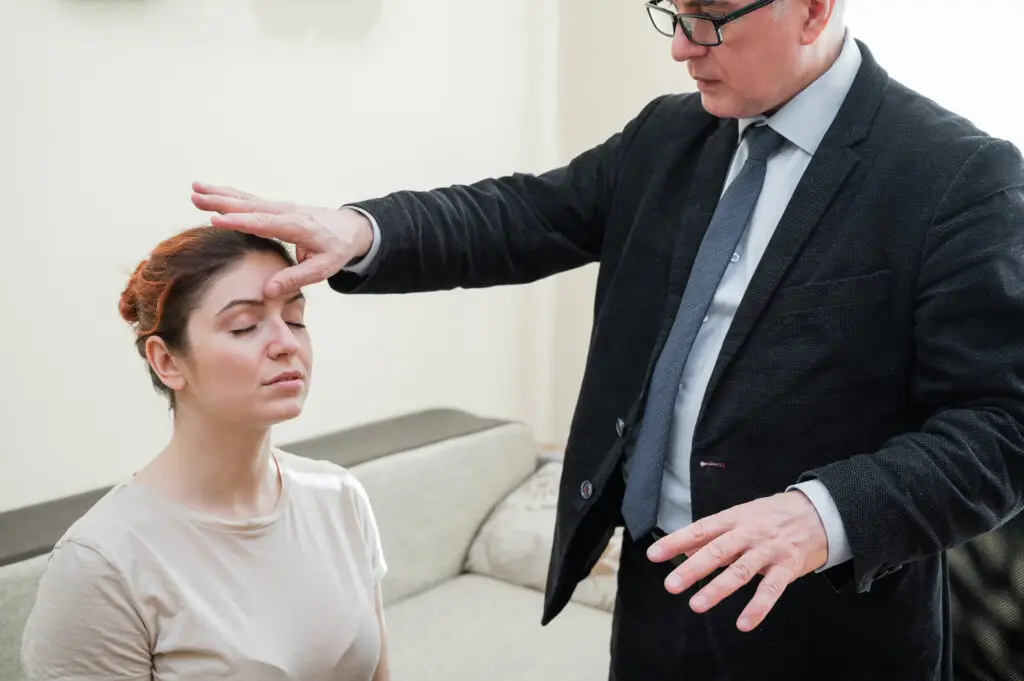
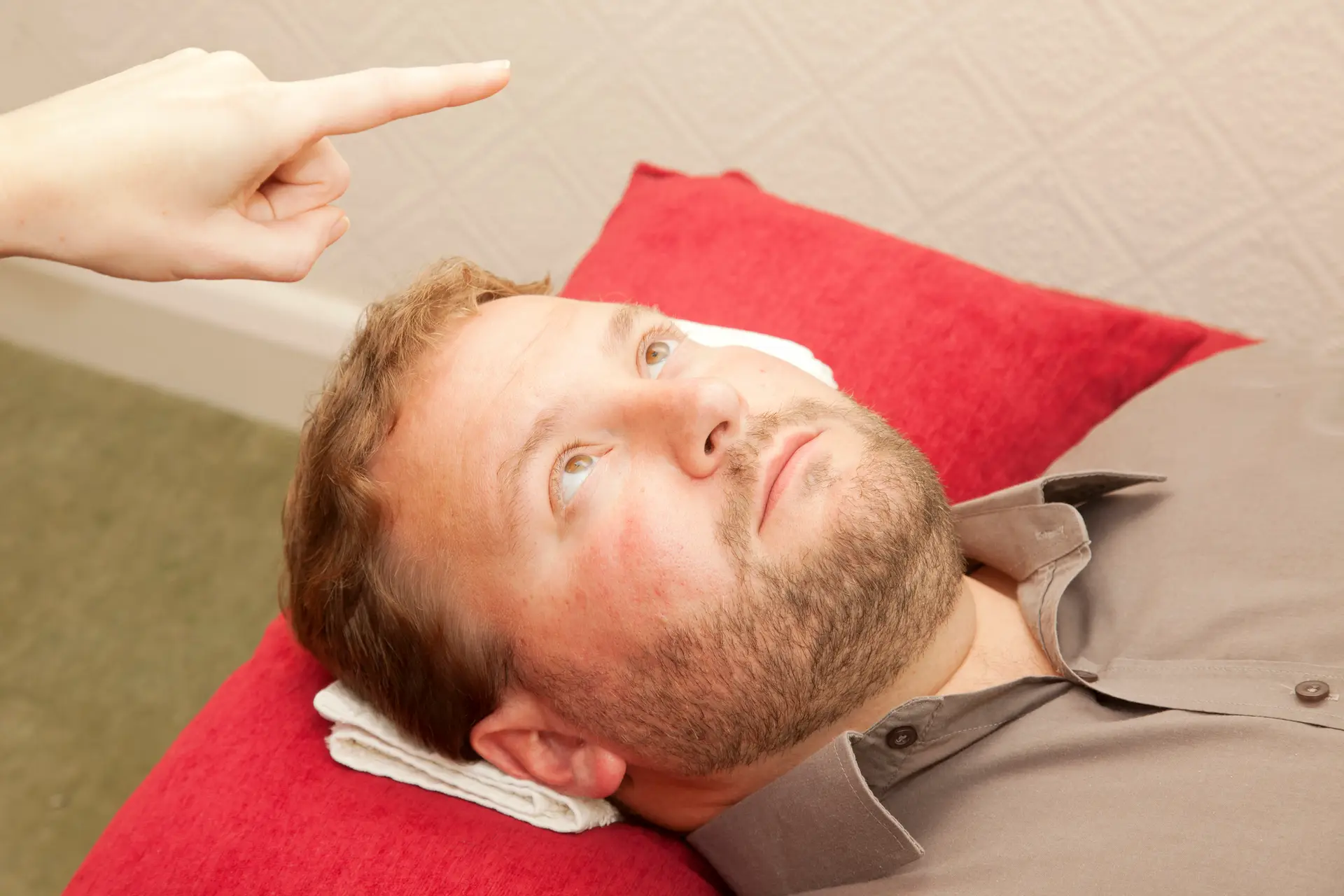

How Hypnotherapy Works
Every plan is tailored to your comfort, goals, and pace. Here’s what a typical session can look like.
Set your focus
You and your clinician decide on one or two priorities for the session. These can be very practical—like falling asleep faster, easing tension after work, or managing cravings in the evening. Narrowing the focus helps you practice skills you can use right away.
Ease into relaxation
You’ll sit or lie down in a quiet space while your clinician leads slow breathing and guided imagery. Many people describe the feeling as calm, heavy, and deeply focused—like being absorbed in a good book. You’re always awake, aware, and in control.
Work with suggestions
In this calmer state, your mind is more open to useful ideas. Together, you’ll practice cues tied to your goals. For example, you might pair a long exhale with the word “ease” to settle anxiety, or picture a craving as a wave that builds, peaks, and fades until it passes.
Practice real-life moments
You’ll mentally walk through situations that normally feel stressful—like a tense meeting, a difficult phone call, or passing the liquor aisle—and rehearse staying steady. By linking a relaxed response to a simple cue (such as pressing your thumb and finger together), you can call on it later in real life.
Reflect and Plan
The session wraps up with takeaways you can use right away. You and your clinician check in on what felt helpful, what didn’t, and how to apply the skills between visits. Each plan is flexible and adjusted as you make progress.
How Hypnotherapy Fits Into Your Care
Hypnotherapy for addiction treatment works best as part of a larger plan. At The Haven Detox, it’s used alongside therapy, medication, support groups, and wellness services, giving you extra tools to manage stress and cravings between sessions. Your clinician coordinates with your care team so the skills you practice become part of daily life, not just something you do in the therapy room.
Experts in Hypnotherapy
Hypnotherapy at The Haven Detox is delivered by licensed clinicians trained in clinical hypnosis and behavioral health. Sessions are collaborative and paced to you. The work is adjusted based on your feedback, so suggestions stay relevant and useful as you make progress.
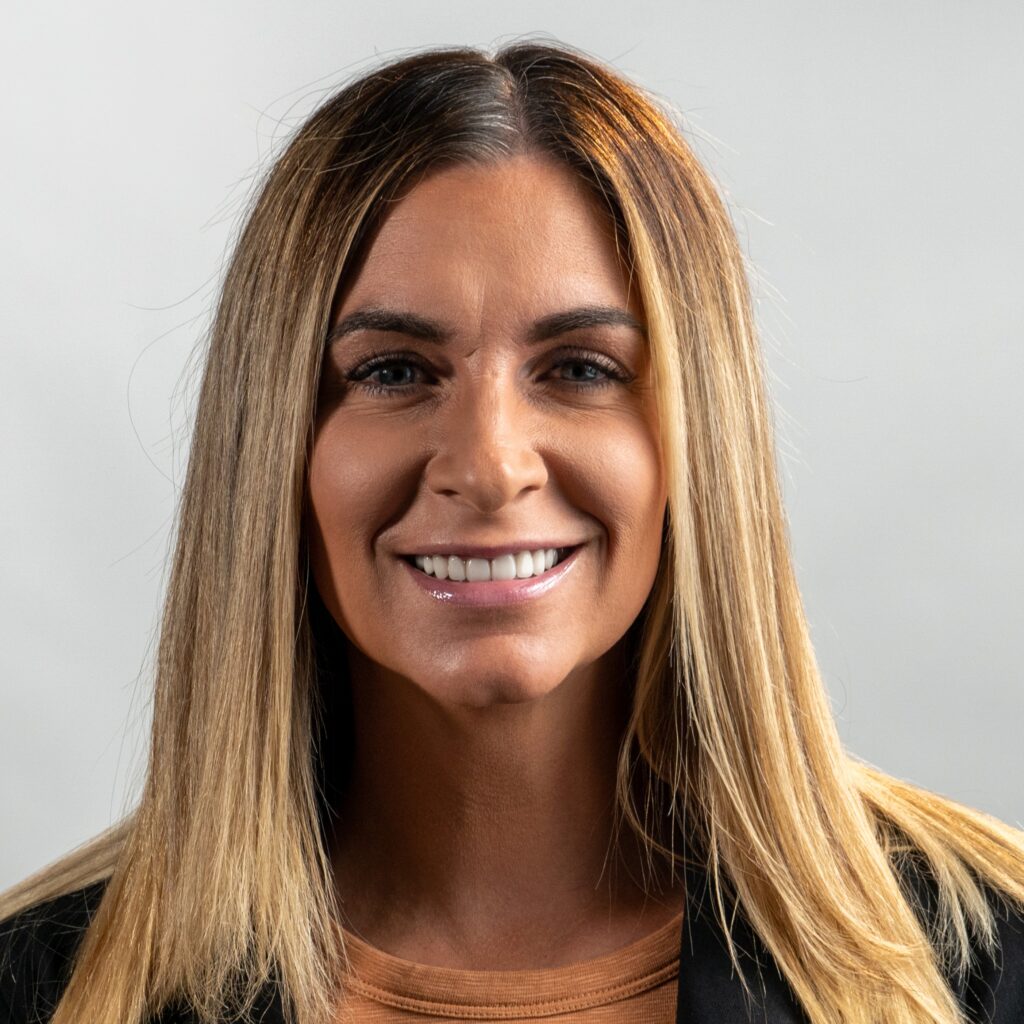
Clinical Director
- Specializing in Addiction, Anxiety, and Depression
What can Hypnotherapy help with?
Substance use triggers and cravings
You practice new responses to old cues—like that after-work urge to pour a drink. Over time, the trigger loses power and the new routine gets stronger.
Stress and burnout
Guided relaxation and brief mental breaks help reset an always-on nervous system. Think of it as a daily pit stop for your brain.
Pain and medical anxiety
For some, hypnosis reduces pain and tension and makes procedures feel more manageable. It can also help lower pre-procedure fear so you go in calmer.
Sleep problems
You learn a short wind-down routine and link it to a cue you can use at 2 a.m. when your brain wants to scroll. Falling back to sleep gets easier.
Smoking cessation
Results vary. Hypnotherapy can be one helpful piece of a quit plan alongside coaching and medications, especially for cue-driven urges.
Anxiety and worry
By teaching the body to downshift and the mind to refocus, Hypnotherapy can cut the intensity of worry spikes. Many people notice fewer “what if” loops and easier sleep.
How This Fits Into Your Care
Care at The Haven Detox is team-based. Hypnotherapy can be paired with individual therapy, medical support, support groups, family sessions, and wellness services. Your clinician coordinates with your broader team so the skills you learn show up where they matter most—at home, at work, and in everyday stress points.
Holistic Healing
Relaxing Surroundings
Medication-Free Treatment
Locations Offering Hypnotherapy
Hypnosis for drug addiction is offered at our Florida treatment center, where it enhances our full spectrum of evidence-based and holistic care. While this specialized therapy is unique to Florida, every The Haven Detox location provides comprehensive programs designed to support lasting recovery. Our admissions specialists can guide you through availability and help schedule treatment at the site that best fits your needs.

The Haven Detox - Florida
Space Available
Insurance Accepted
Hypnotherapy Offered

The Haven Detox - New Jersey
Space Available
Insurance Accepted

The Haven Detox - Arizona
Space Available
Insurance Accepted

The Haven Detox - West Memphis
Space Available
Insurance Accepted

The Haven Detox - New England
Space Available
Insurance Accepted

The Haven Detox - Little Rock
Space Available
Insurance Accepted

The Haven Detox - Puerto Rico
Space Available
Insurance Accepted
Treatment Success Stories
Peter
They really took the time to understand my situation and created a treatment plan that works for me. I loved how they combined traditional therapies with some holistic approaches, it truly made a difference.
TonyBanjaro
For me it really helped with expectations I felt coming from my parents. My sister recommended a hypnotherapist she visited, and while skeptical I agreed to go. Within just 3 sessions, where we put my parents in the place I wanted them to be subconsciously. I was able to live my life!
Duffstoic
I used to be a chronic anxiety sufferer, with levels of 5-10 out of 10 every day of the week for over 15 years. Yes, hypnosis absolutely works. The hypnotic process that worked the best for me was a method called Core Transformation, but many methods can work great.
Insurance Coverage & Accessibility for Hypnotherapy
Coverage for Hypnotherapy depends on your plan and how services are billed. When provided by licensed clinicians within a behavioral health program, some plans cover it; others treat it as an adjunct service. A quick, confidential benefits check can confirm costs before you start, and flexible payment options are available if needed.
FAQs About Hypnotherapy
Will I lose control or say things I don’t want to?
No. You stay aware and in charge the whole time. You can open your eyes, speak, or stop whenever you want.
Does hypnotherapy actually work?
Evidence is strongest for areas like pain, procedure-related anxiety, and some gut and sleep issues. Results vary by person and condition, but many people find it a useful add-on to care. If you like to read the research, this overview is a good start.
What does a session feel like?
Most people describe it as calm and focused, similar to getting absorbed in music or a podcast. You’re relaxed, not zoned out.
How many sessions do people usually need?
It depends on your goals and practice between visits. Some notice early benefits in three to six sessions, and others choose to continue for extra skill-building.
Can I learn self-hypnosis?
Yes. Many plans include a brief self-hypnosis routine you can use at home, at work, or before bed.
Can hypnotherapy help with cravings?
It can. You rehearse high-risk moments and link calm responses to simple cues, which makes it easier to ride out urges without acting on them.
Is hypnotherapy safe?
When provided by trained professionals, clinical hypnosis is generally considered safe. Sessions are paced to your comfort, and you can stop at any time.
Can sessions be done virtually?
Often, yes. With a private space, earbuds, and a stable connection, many people do well with telehealth sessions.
What if I can’t be hypnotized?
Most people can enter a helpful level of relaxed focus with the right approach. If you tend to overthink, that’s okay. The process meets you where you are.
Related Treatment Options
Have Questions? Let’s Talk!
Call the free 24/7 helpline to get answers and a plan for treatment that’s best for your specific medical and insurance situation — even if it’s not with us.
24/7 Support
Need someone to talk to? We’re always here—day or night.
No Commitment
Ask questions, get guidance—no pressure, no obligation.
100% Private
Your story stays with us. Confidential support, always.

